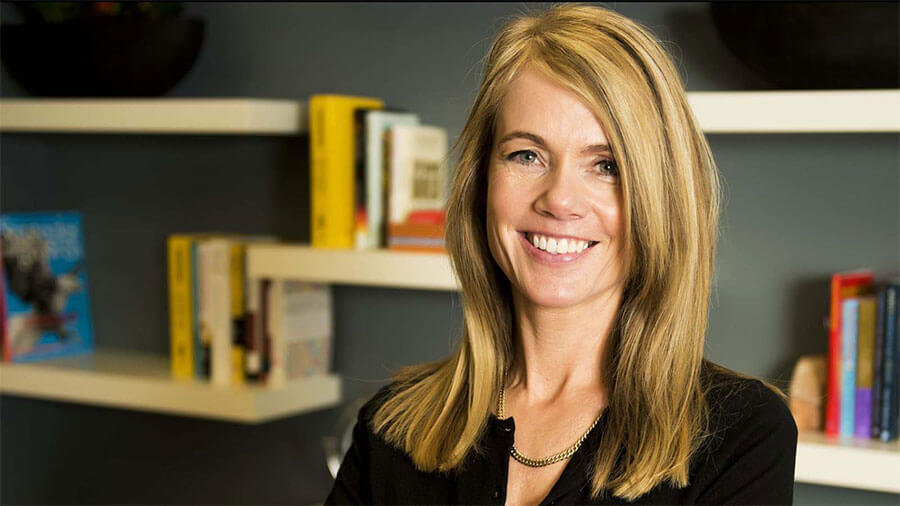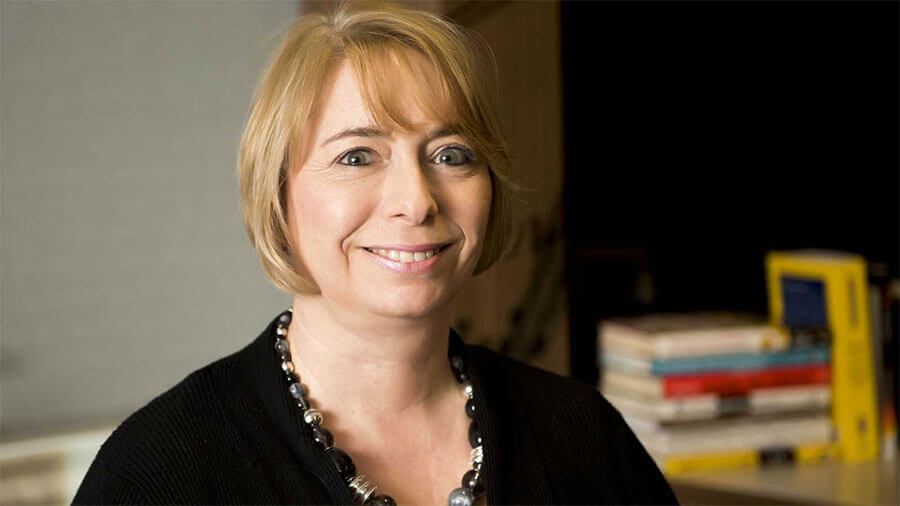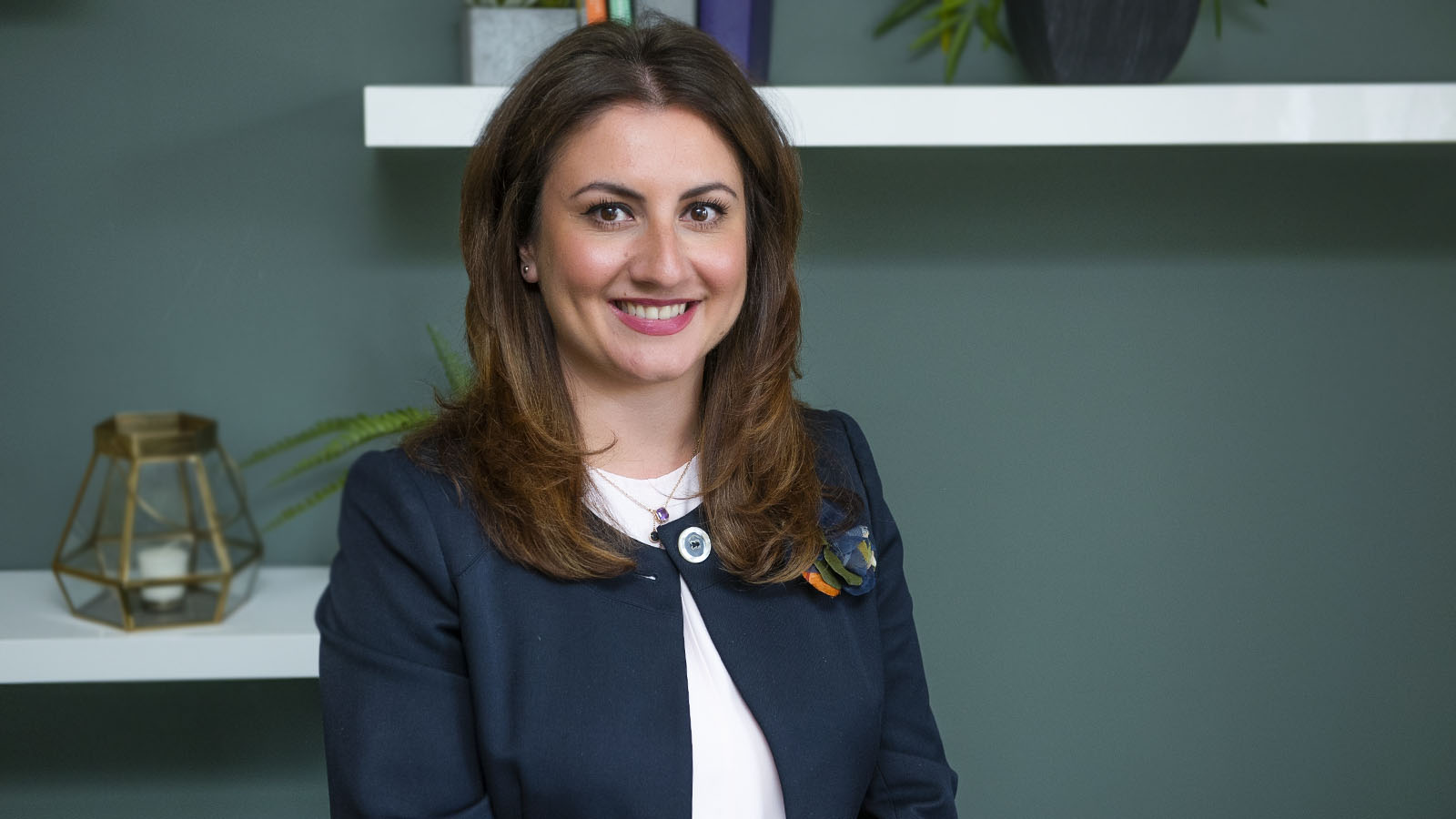If you are planning for the future, a discretionary trust is a flexible and often tax-efficient way to pass on your assets to the next generation during your lifetime and after you die.
This type of trust gives your trustees (the people you appoint to manage and administer your trust) the power to choose which of your beneficiaries (the people you want to benefit from your assets) receive funds from the trust and when.
There are many reasons why a discretionary trust may be right for you, such as to:
- Provide for your family – making sure that your money and property tax-efficiently reaches the right people, either during your lifetime or after you die.
- Put money aside for disabled and vulnerable people – giving trustees the power to look after a vulnerable beneficiary’s money is sensible and reduces the risk of exploitation or abuse.
- Shelter assets from people who are on benefits, receive care funding or have financial difficulties – by putting your money in trust no beneficiary has any absolute right to it and this could help protect means-tested benefits, care funding or against creditors.
- Put aside money for people who would benefit from supervision – for example, if you think your intended recipient might waste money, perhaps because of a mental health condition or addiction, a discretionary trust gives the trustees more control over when and how they receive their money.
- Help your loved ones receive your life insurance pay-out faster – putting your life insurance policy in trust means it does not need to go through probate after you die, allowing your beneficiaries to receive their pay-out sooner. This can also help larger value estates fund an inheritance tax bill.
At Debenhams Ottaway, our dedicated trusts specialists can
- Help you understand how discretionary trusts work, and whether making one is right for you.
- Draft your discretionary trust and related documents, such as letters of wishes.
- Explain the taxation of trusts, which is complex.
- Help your trustees understand their role and exercising their powers under a discretionary trust.
- Act as professional trustees.
- Handle administrative duties, such as filing tax returns, preparation of annual trust accounts, chairing trustee meetings and registering the trust.
- Advise the beneficiaries of your discretionary trust on their rights under the trust.
We will talk you through your options so you can make confident decisions about what your next steps should be. Our lawyers will make sure that your estate plans fully reflect your requirements, including helping you draft a letter of wishes for your trustees so they can make sure that your money and property falls into the right hands at the right time.
Why choose Debenhams Ottaway’s trusts team?
We are one of the leading teams in Hertfordshire for trusts, Wills and estate planning and we have a dedicated team of specialist trust lawyers to help you set up and administer trusts.
Our team has been independently recognised for our expertise in this area by leading legal guides, Chambers High Net Worth and The Legal 500. We are also members of the Law Society Wills & Inheritance Quality Scheme which means you can rely on us to have specialist knowledge and to explain the complex of trusts in simple, straightforward language.
Contact us today to find out more about how we can help you to set up or administer a discretionary trust.
Frequently asked questions about discretionary trusts
A discretionary trust is a type of legal arrangement that allows you to appoint trustees to look after your assets for several potential beneficiaries (people you want to benefit from your assets).
The trustees have powers to choose who can receive money from the trust and when.
Many people use discretionary trusts as a flexible way to leave money to family and friends in their Will, and to get assets out of their estate while alive to potentially reduce inheritance tax on death. However, there are many other reasons a discretionary trust may be right for you, such as to provide for vulnerable beneficiaries or to protect your life insurance policy.
Our specialist trust lawyers can help you to decide if setting up a trust is right for you and what type of trust is best suited to your situation. So, if there is something you want to achieve with your money and property, come to us and we will talk you through your options.
When you set up a discretionary trust, you must choose between two and four trustees to hold the trust assets and manage the trust. As the creator of the trust (known as the settlor) you can appoint yourself as a trustee. You also need to choose who you want to benefit from your trust (your beneficiaries), such as your children and grandchildren.
You can set up a discretionary trust during your lifetime, or you can write one into your Will that will start after you die.
When the trust starts, the assets you want to put into trust will transfer to the trustees. The trustees become the legal owners of the assets but hold them on behalf of your chosen beneficiaries (i.e. the money must be managed and used for the benefit of the beneficiaries).
The trustees choose which beneficiaries can benefit from the trust and when. But they will be guided by your letter of wishes that sits alongside the trust. The letter of wishes is not legally binding but it is useful to the trustees in knowing your intentions.
For this reason, it is very important to choose the right trustees and draft the trust document carefully with the help of a trusts specialist.
A professional trustee is an independent person, usually a legal professional such as a lawyer or accountant, that you can appoint to manage your trust.
The benefits of getting a professional trustee include:
- You can trust that they know what they are doing and have the right level of knowledge to administer the trust exactly how you want. Professional trustees have a higher duty of care compared to a non-professional trustee.
- They will be an independent person, so have no personal interest in the trust. Their only priority will be to administer the trust correctly.
- Professional trustees are well placed to manage any conflict that occurs from the creation or administration of the trust. This can be especially valuable if you are worried that people in your family may get upset about your choice of beneficiaries or the value of the assets you want to give away for example.
As well as helping you set up discretionary trusts, we can act as professional trustees on your behalf. Visit our Professional Trustee Services page to find out more.
Yes, if set up carefully, a discretionary trust Will can be an excellent way to leave money and property to your loved ones after you die, with the added flexibility that the trust can offer.
If set up correctly, the assets you place into a discretionary trust do not generate an inheritance tax charge and will fall outside of your estate after seven years, helping to reduce the value of your estate for inheritance tax. However, there are some circumstances where inheritance tax will apply to the trust (although at much lower rates than death duties) after it has been set up. The rules are complex and include potential charges on 10-year anniversaries and on assets paying out of the trust to a beneficiary (again, at much lower rates than death duties).
There are other exemptions to these rules, for example, where the trust qualifies as a trust for a disabled beneficiary.
You can place assets like investments or property that may have inherent capital gains and benefit from hold over relief for capital gains tax. When planned carefully the creation of the trust will create no immediate capital gains tax or inheritance tax charges.
Capital gains tax applies to trusts once they’re established and there can be preferential treatment where the trust qualifies as a trust for a vulnerable beneficiary.
Transferring assets into a discretionary trust does not usually create any income tax charges. The discretionary trust itself pays income tax on income it receives. Often, to minimise administration, investments or other assets held within the discretionary trust are arranged to not be income-generating.







